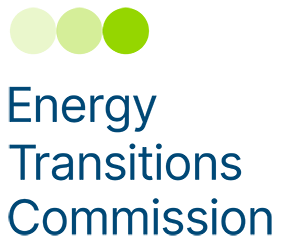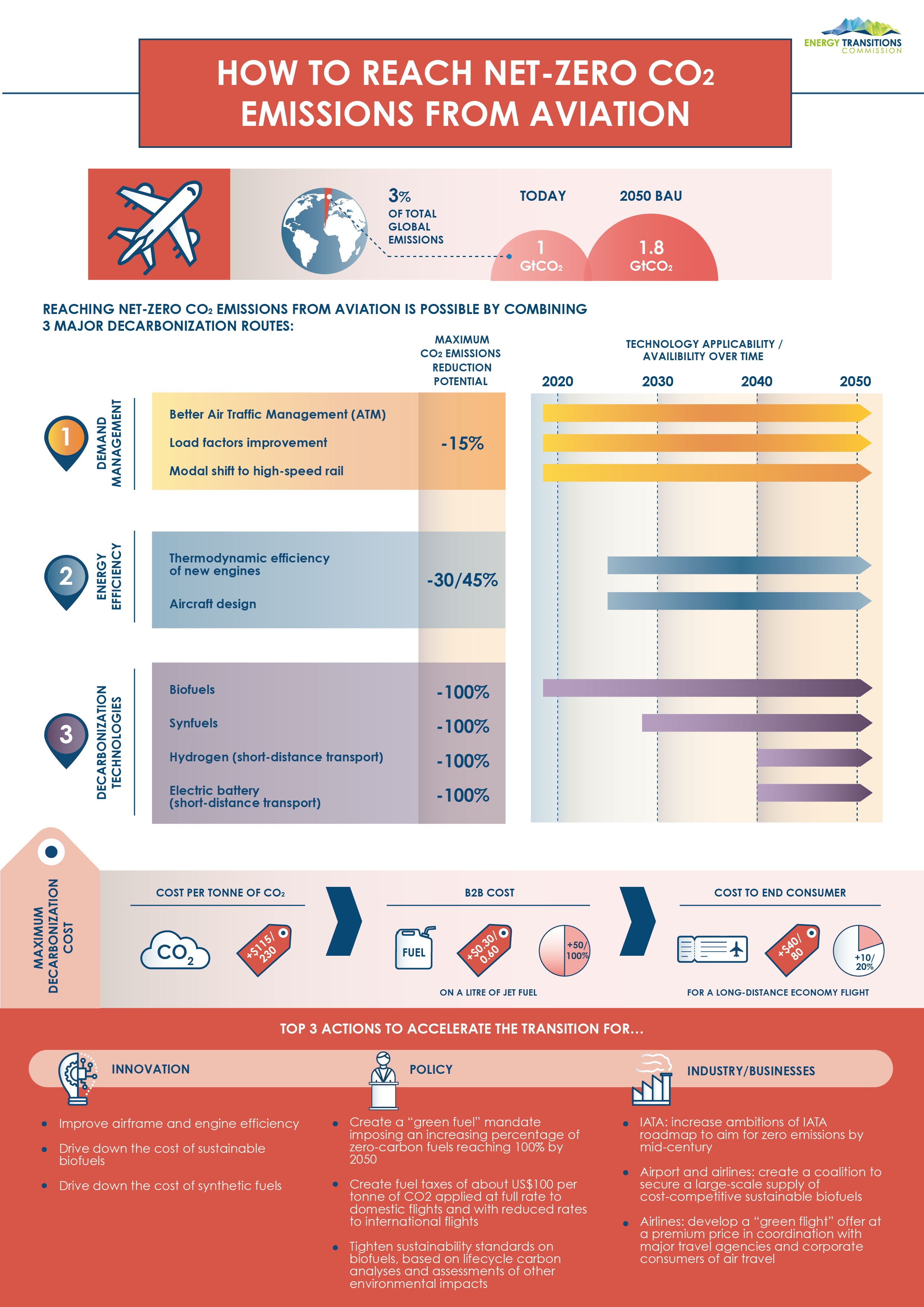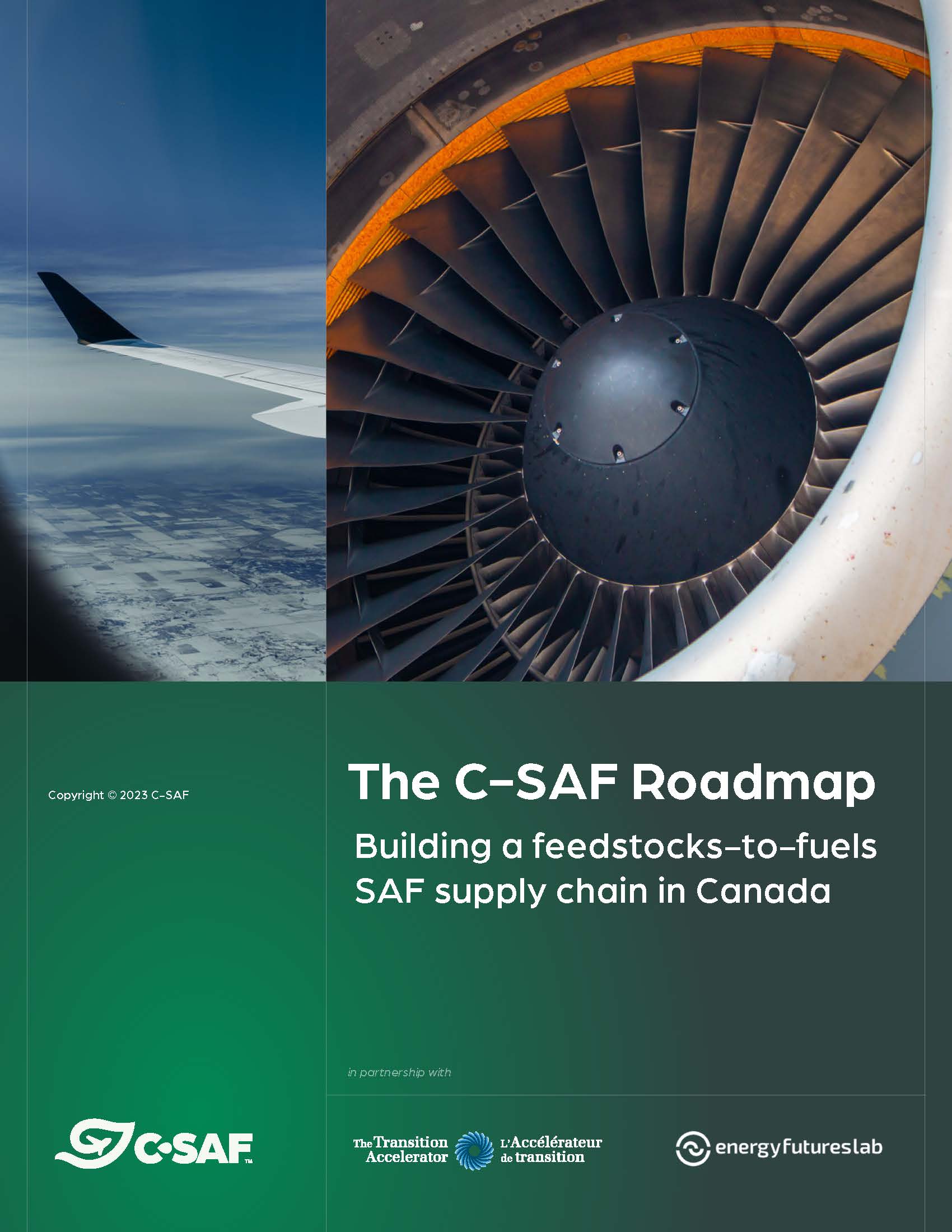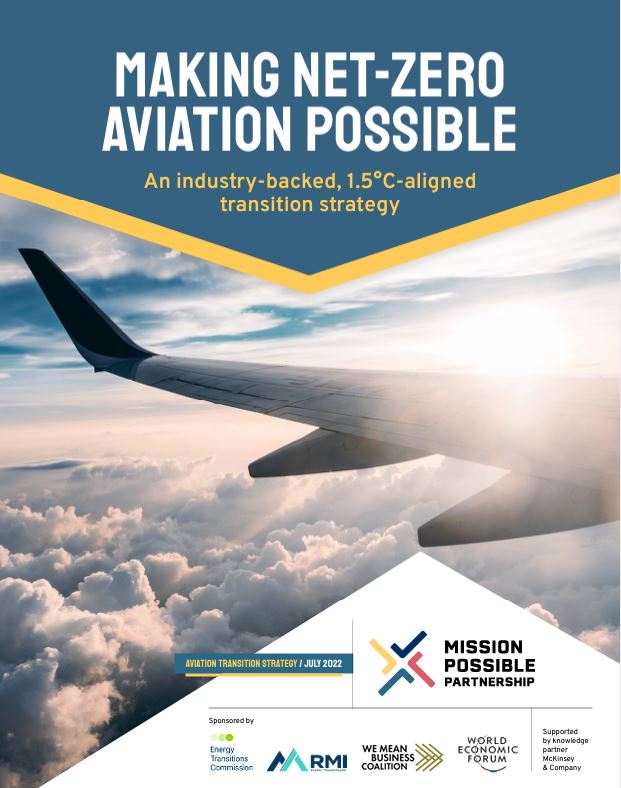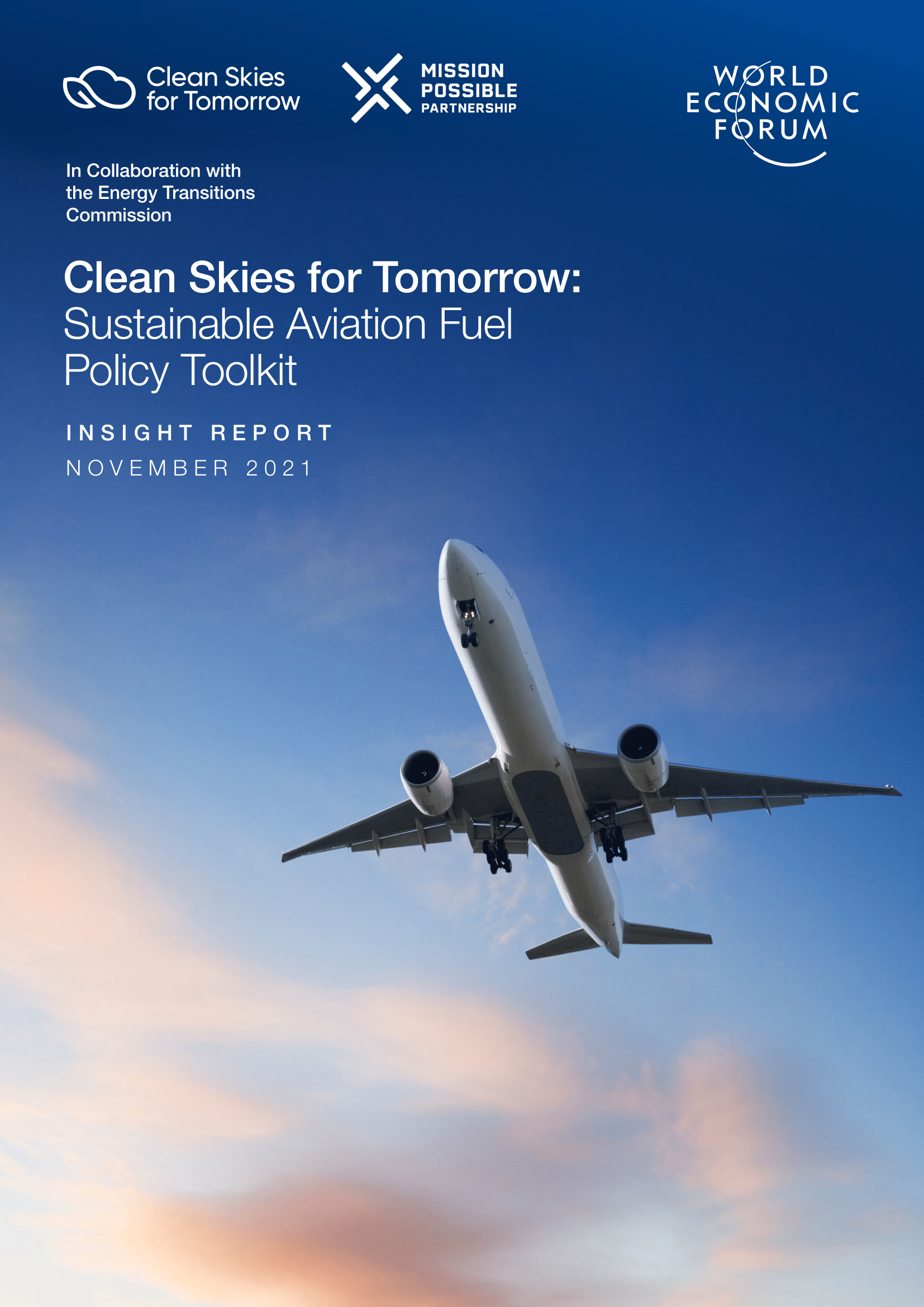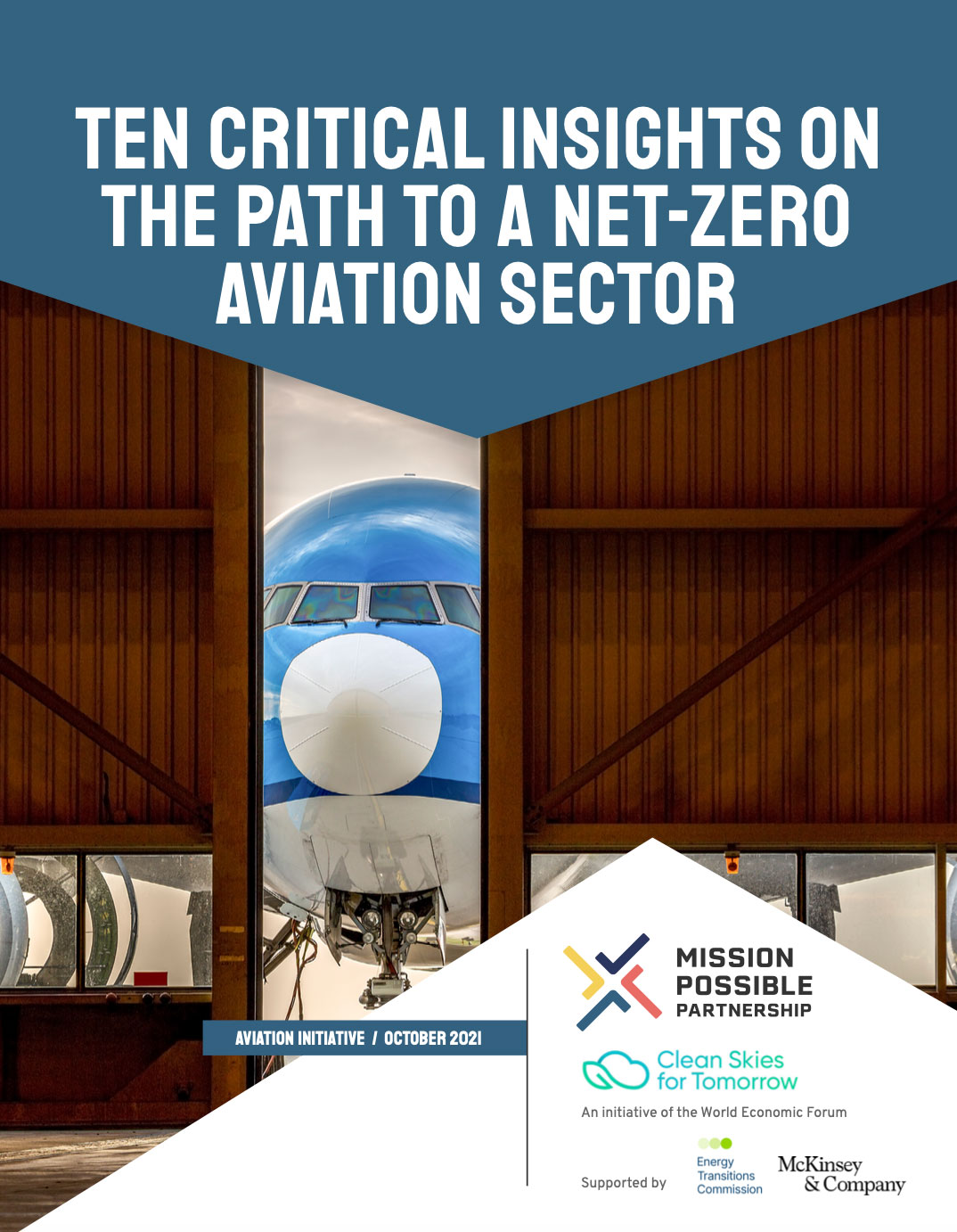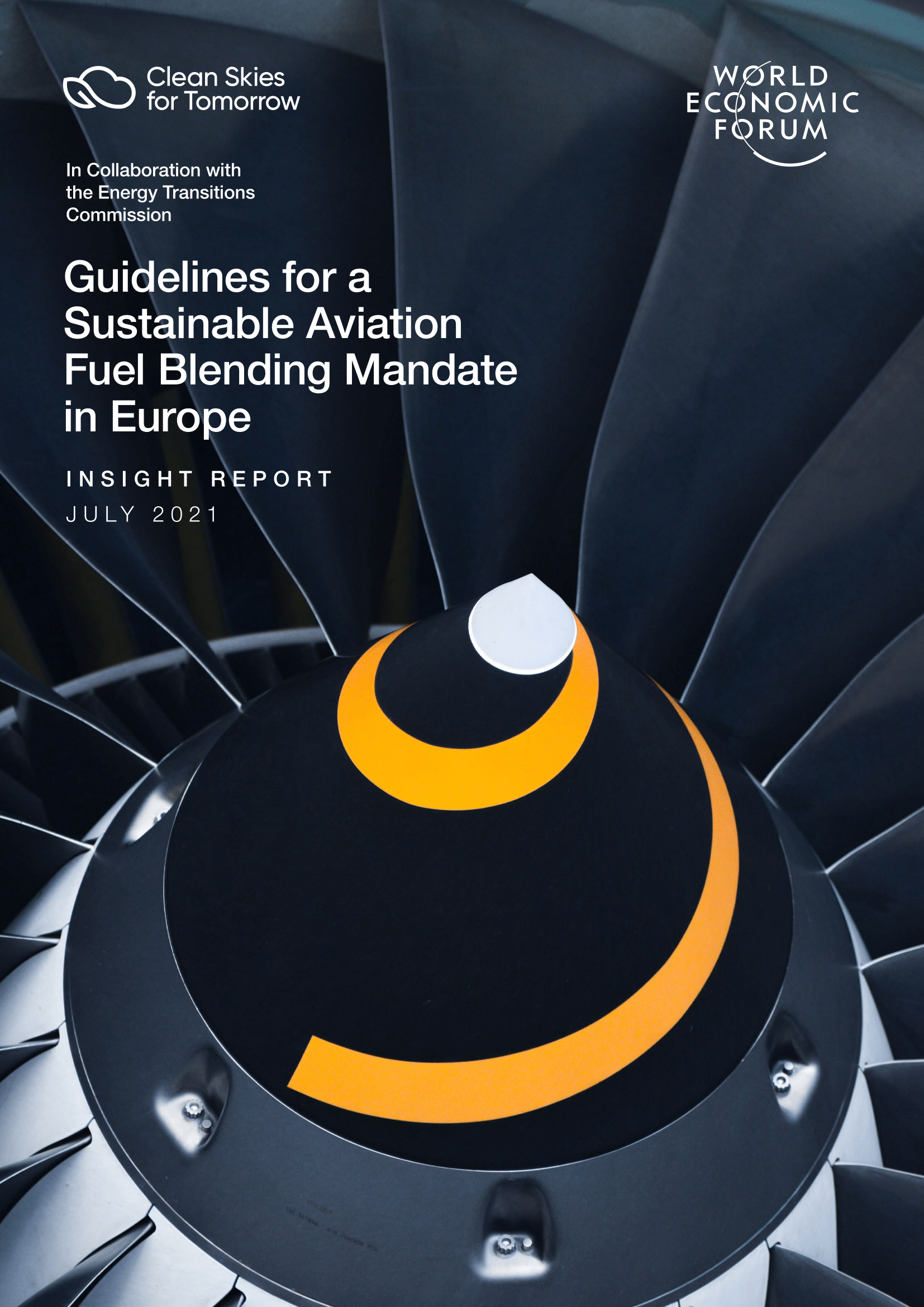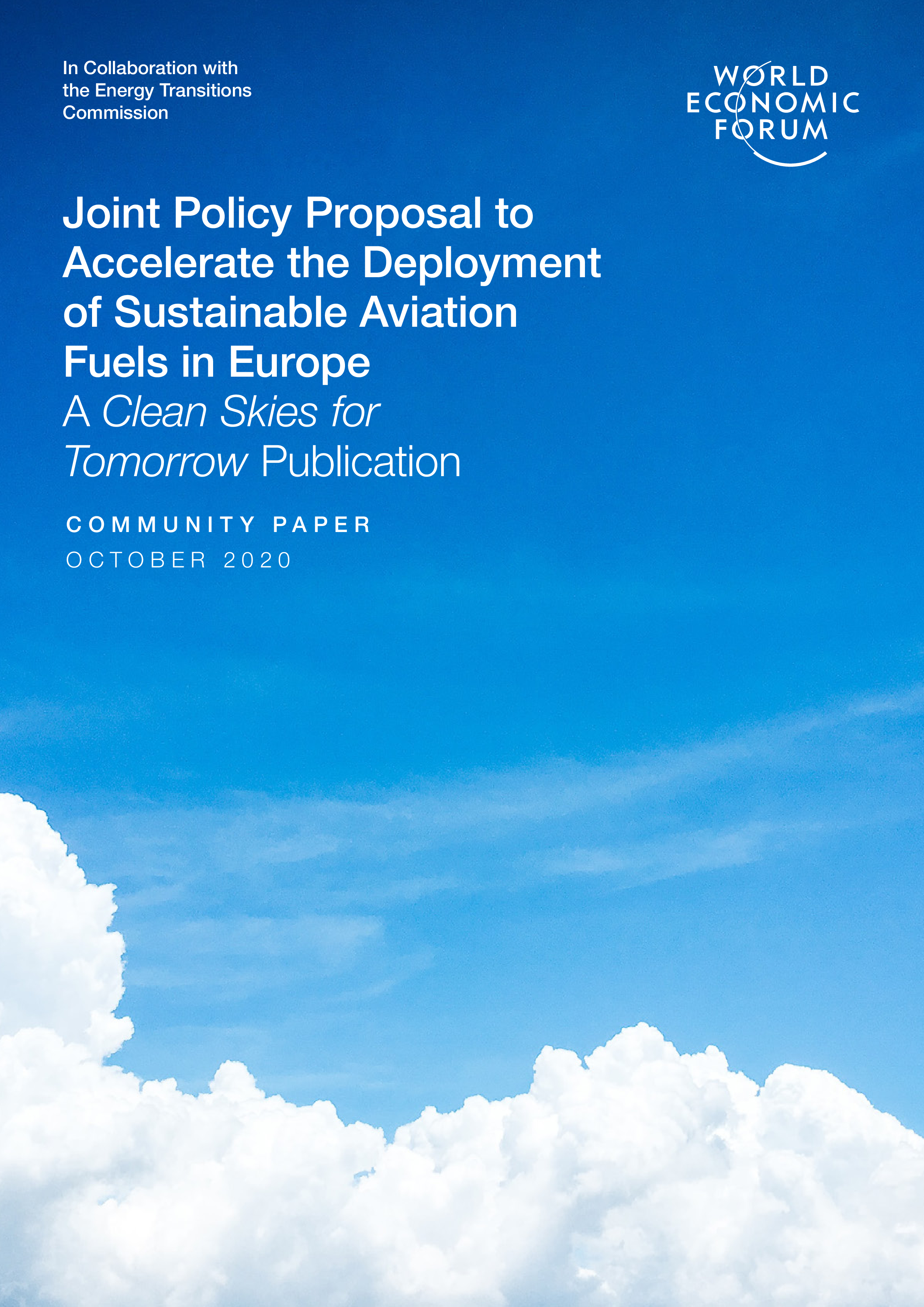Aviation
Prior to the COVID-19 pandemic, aviation amounted to circa 1Gt of CO2 emissions per annum. Despite the current downturn in aviation, it is likely that passenger and freight volumes will progressively recover. Improvements in energy efficiency of engines and airframes, combined with greater efficiency of aviation operations, could reduce the growth of emissions by 30-45%, but further reduction would require alternative fuels.
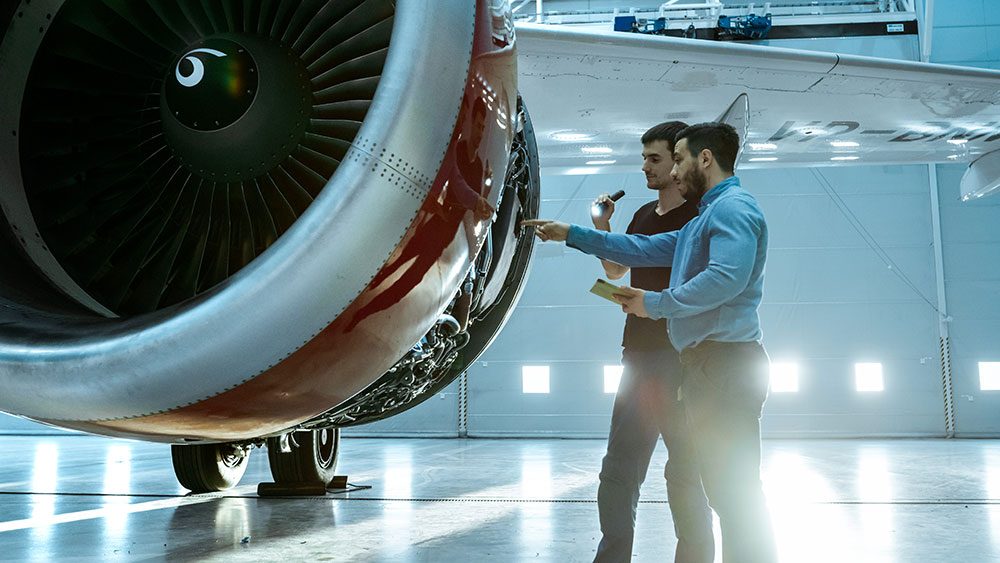
Battery electric and hydrogen planes could play a role over short distances, However, without a dramatic improvement in energy density, these technologies will not be able to power long-haul aviation. The path to net-zero-carbon aviation therefore relies on the deployment of sustainable aviation fuels (SAFs), either biofuels or synthetic fuels. SAFs can considerably facilitate the transition to net-zero-carbon aviation, as they do not require any significant equipment or infrastructure change.
The cost differential between SAFs and conventional jet fuel could reach 50-100% with economies of scale, but this would still lead to an increase in ticket prices. Fuel mandates constitute a critical policy to establish initial demand and encourage investment in the SAF supply chain, but internationally-coordinated regulation through ICAO will be essential to avoid major competitiveness issues.
In the context of the Mission Possible Platform, the ETC participates in the leadership of the Clean Skies for Tomorrow initiative, convened by the World Economic Forum, which brings together high-ambition CEO champions from across the aviation sector to accelerate the transition to SAFs and progress towards carbon-neutral flying. Our work focuses on the feasible ramp-up of SAF production, the policies required to unlock that growth, and the financing of early-stage projects.
